The Ultimate Guide to Healthy Hair Care Routine | |
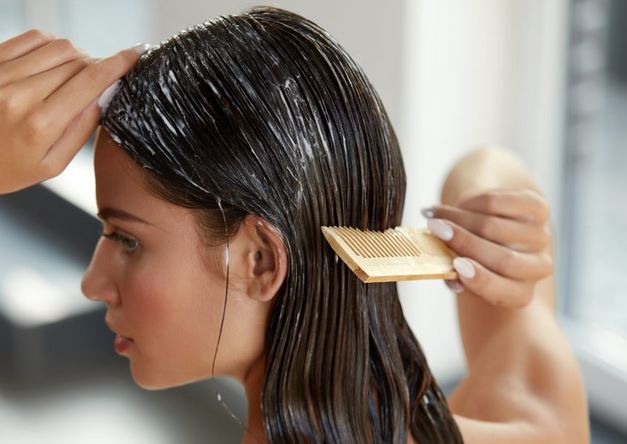
| |
Having healthy and lustrous hair is a desire shared by many individuals. However, achieving and maintaining a healthy hair care routine can be a challenge without the right knowledge and guidance. In this ultimate guide, we will explore effective strategies and practices to help you achieve and maintain healthy hair. From nourishing your hair with the right products to adopting healthy lifestyle habits, this guide covers everything you need to know to promote strong, vibrant, and beautiful hair. 1. Understanding the Basics of Hair CareDetermining Your Hair TypeKnowing your hair type is crucial for selecting the right hair care products and treatments. Hair can be categorized into various types such as straight, wavy, curly, or kinky. Each type requires specific care and maintenance to ensure optimal health and appearance. Identifying Common Hair ProblemsUnderstanding common hair problems like dryness, frizz, split ends, and dandruff helps in addressing them effectively. By identifying the root causes, you can choose appropriate solutions and adjust your hair care routine accordingly. 2. Building a Solid Hair Care RoutineCleansing and ConditioningRegular cleansing and conditioning are essential steps in any hair care routine. Choose gentle, sulfate-free shampoos and conditioners that cater to your specific hair type. Cleansing removes dirt, excess oil, and product buildup, while conditioning provides moisture and nourishment. Choosing the Right Hair ProductsInvesting in high-quality hair products can make a significant difference in the health and appearance of your hair. Look for products with natural ingredients, free from harmful chemicals, and tailored to your specific hair needs. Incorporating Regular Scalp MassagesMassaging your scalp stimulates blood circulation, which promotes hair growth and a healthy scalp. Use your fingertips to gently massage your scalp in circular motions for a few minutes every day or incorporate it into your hair care routine while shampooing. Protecting Your Hair from Heat DamageExcessive heat styling can damage your hair, leading to dryness, breakage, and split ends. To minimize heat damage, use heat protectant sprays and lower heat settings on styling tools. Whenever possible, embrace heatless styling techniques or let your hair air-dry. 3. Nourishing Your Hair from WithinEating a Balanced DietA well-balanced diet rich in vitamins, minerals, and proteins is crucial for healthy hair. Incorporate foods like leafy greens, eggs, fish, nuts, and seeds, which provide essential nutrients that promote hair growth and strength. Staying HydratedHydration is key not only for your overall health but also for maintaining healthy hair. Drink an adequate amount of water daily to keep your hair hydrated and prevent dryness and brittleness. Taking Essential Hair SupplementsSupplements like biotin, vitamin D, and omega-3 fatty acids can support healthy hair growth and prevent hair loss. Consult with a healthcare professional to determine the right supplements for your specific needs. 4. Embracing Natural Remedies and TreatmentsUsing Coconut Oil for Deep ConditioningCoconut oil is a natural emollient that penetrates the hair shaft, providing deep conditioning and moisture. Apply warm coconut oil to your hair, leave it on for a few hours or overnight, and then wash it out for soft, nourished locks. Trying Aloe Vera for Scalp HealthAloe vera possesses soothing and moisturizing properties that promote scalp health. Apply fresh aloe vera gel directly to your scalp to alleviate dryness, reduce inflammation, and promote healthy hair growth. Exploring Herbal Hair RinsesHerbal rinses using ingredients like rosemary, chamomile, or green tea can enhance hair health and shine. After shampooing, rinse your hair with the herbal mixture for a natural boost. 5. Styling Techniques for Healthy HairAvoiding Excessive Heat StylingLimit the use of heat styling tools like flat irons, curling irons, and blow dryers to prevent damage. Embrace heatless styling methods such as air-drying, braiding, or using flexi rods to achieve beautiful hairstyles without compromising your hair's health. Opting for Protective HairstylesProtective hairstyles like braids, buns, or twists can safeguard your hair from environmental damage and manipulation. These styles help retain moisture, minimize breakage, and promote hair growth. Minimizing Hair ManipulationExcessive brushing, combing, and manipulation can cause hair breakage and damage. Handle your hair gently and avoid tight hairstyles or harsh accessories that pull on your hair. 6. Lifestyle Habits for Healthy HairManaging Stress LevelsHigh stress levels can contribute to hair loss and poor hair health. Practice stress management techniques like meditation, exercise, or hobbies to reduce stress and promote overall well-being, including healthy hair. Getting Regular ExerciseEngaging in regular physical activity improves blood circulation, which enhances the delivery of nutrients to your hair follicles. Aim for at least 30 minutes of exercise most days of the week. Getting Sufficient SleepAdequate sleep is essential for the body's repair and rejuvenation, including hair growth. Strive for 7-8 hours of quality sleep each night to support healthy hair and overall wellness. 7. Avoiding Common Hair Care MistakesOverwashing Your HairFrequent washing can strip your hair of its natural oils, leading to dryness and scalp irritation. Opt for washing your hair every 2-3 days or as needed, depending on your hair type and lifestyle. Using Harsh ChemicalsAvoid hair products that contain harsh chemicals like sulfates and parabens, as they can cause damage and dryness. Opt for natural and organic alternatives that are gentle on your hair and scalp. Brushing Wet HairWet hair is more susceptible to breakage, so avoid vigorous brushing or combing immediately after washing. Use a wide-toothed comb or a detangling brush to gently remove knots and tangles. 8. Dealing with Hair Loss and ThinningUnderstanding the Causes of Hair LossHair loss can be caused by various factors such as genetics, hormonal changes, nutritional deficiencies, or underlying health conditions. Identifying the cause can help determine the appropriate treatment or management options. Seeking Professional AdviceIf you are experiencing significant hair loss or thinning, consult a dermatologist or a trichologist for a proper diagnosis and personalized treatment plan. They can recommend medical interventions or lifestyle changes to address your specific hair concerns. Exploring Hair Growth TreatmentsHair growth treatments like minoxidil or low-level laser therapy may be recommended for certain types of hair loss. These treatments stimulate hair follicles and promote regrowth. Discuss with your healthcare provider to explore suitable options. 9. ConclusionAchieving and maintaining a healthy hair care routine requires a combination of proper nourishment, effective products, and lifestyle habits. By following the tips and strategies outlined in this ultimate guide, you can promote the health, strength, and beauty of your hair. Remember to embrace your unique hair type, be consistent with your routine, and make adjustments as needed to achieve the best results. FAQsQ1: How often should I wash my hair?It is recommended to wash your hair every 2-3 days or as needed, depending on your hair type and lifestyle. Q2: Can stress affect my hair?Yes, high stress levels can contribute to hair loss and poor hair health. Managing stress through various techniques can help promote healthy hair. Q3: Are natural remedies effective for hair care?Natural remedies like coconut oil, aloe vera, and herbal rinses can provide nourishment and improve the overall health of your hair. Q4: Can exercise promote hair growth?Regular exercise improves blood circulation, which can enhance the delivery of nutrients to your hair follicles and promote hair growth. Q5: When should I seek professional help for hair loss?If you are experiencing significant hair loss or thinning, it is advisable to consult a dermatologist or a trichologist for proper diagnosis and personalized treatment options. | |
| Category: Hair Care | |
| Total comments: 0 | |
 |
| 10 Gorgeous Lipstick Colors for Fall |
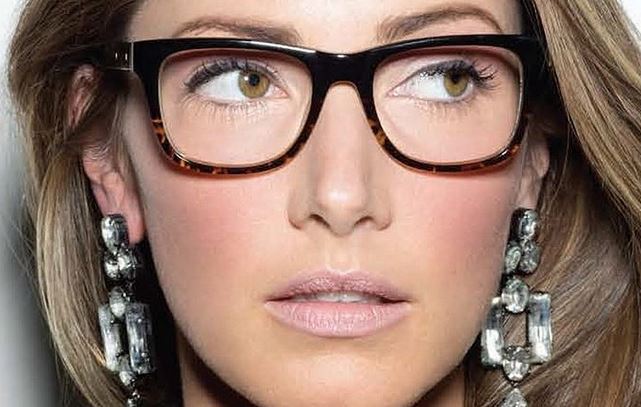 |
| 5 Makeup Tips for Glasses Wearers |
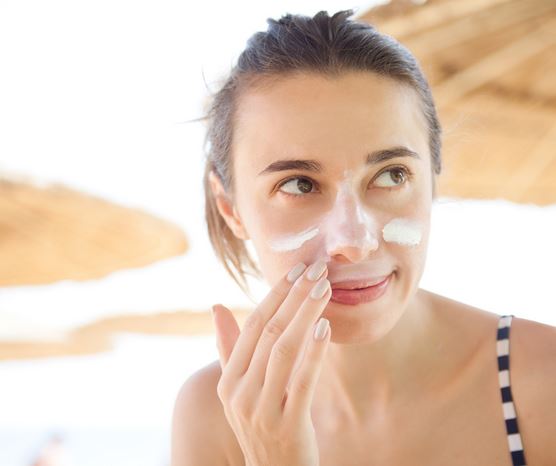 |
| The importance of sunscreen and sun protection |
 |
| The Benefits of Using Cruelty-Free Makeup |
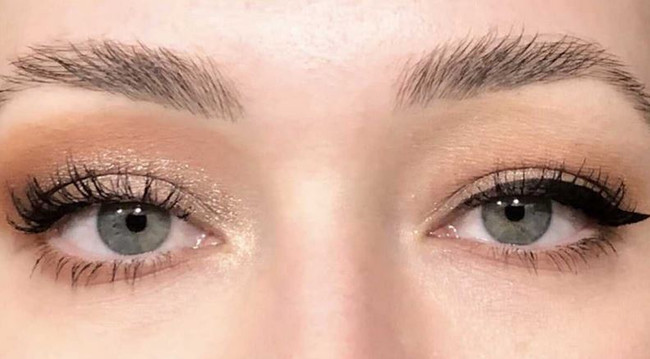 |
| Hooded eyes makeup tips |
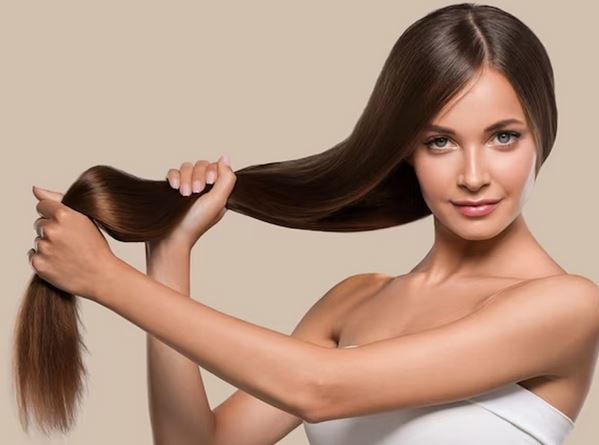 |
| Top 5 Natural Ingredients for Strong and Shiny Hair |
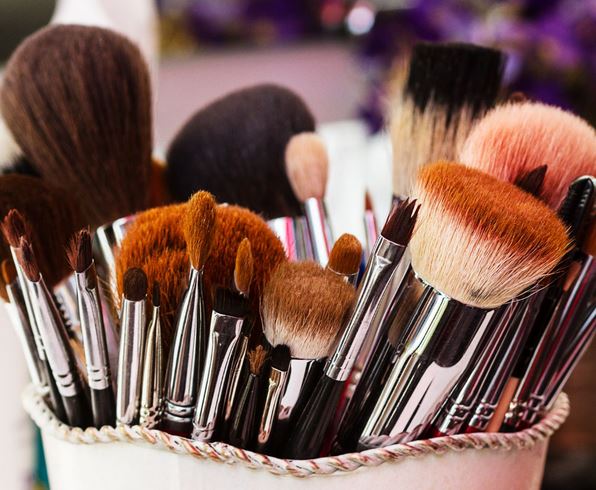 |
| 10 Must-Have Makeup Products for Beginners |
 |
| Pet Halloween Costumes: Trendy Outfits for a Spooky Celebration |
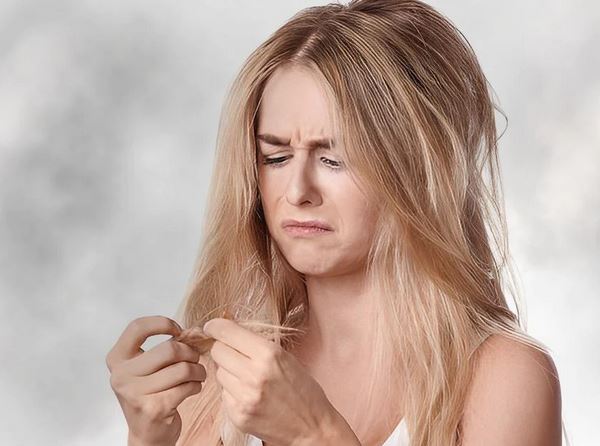 |
| How to Protect Your Hair from Pollution |
